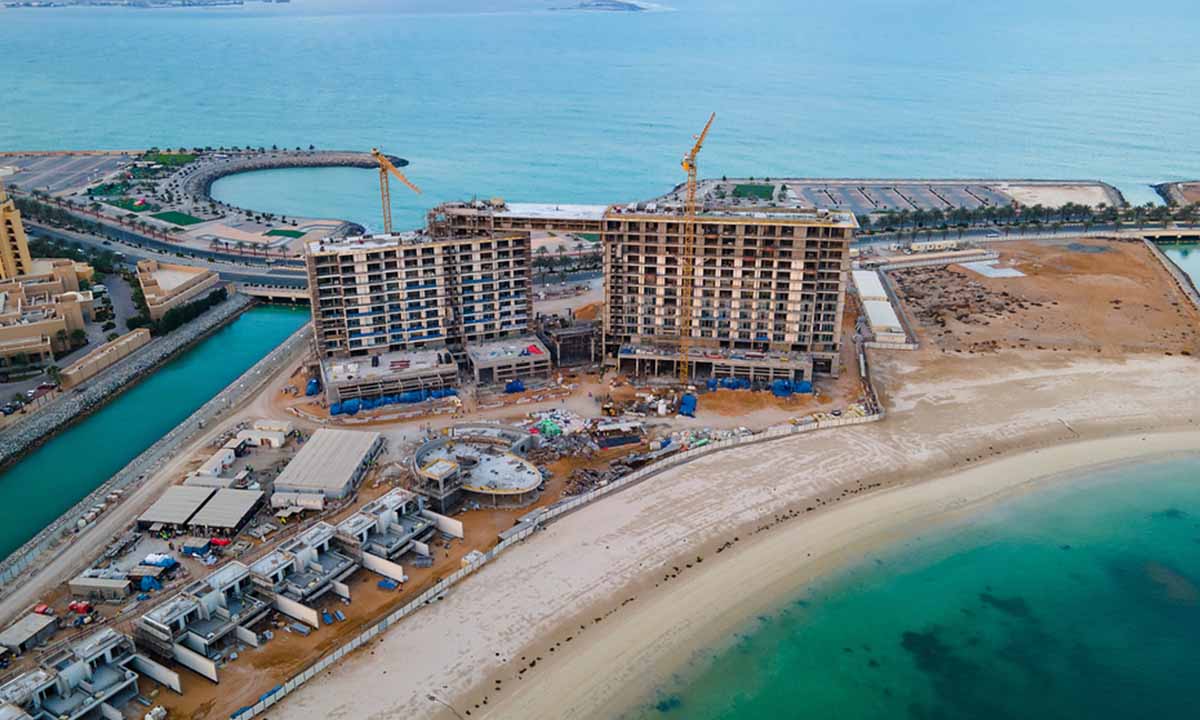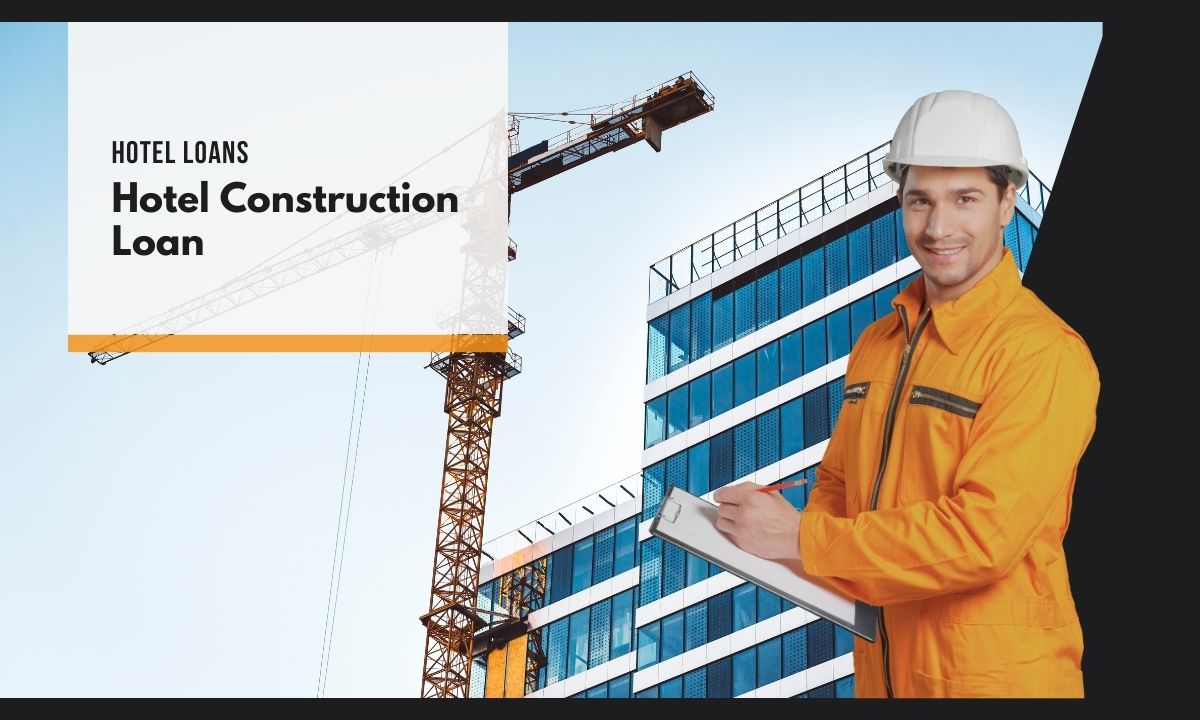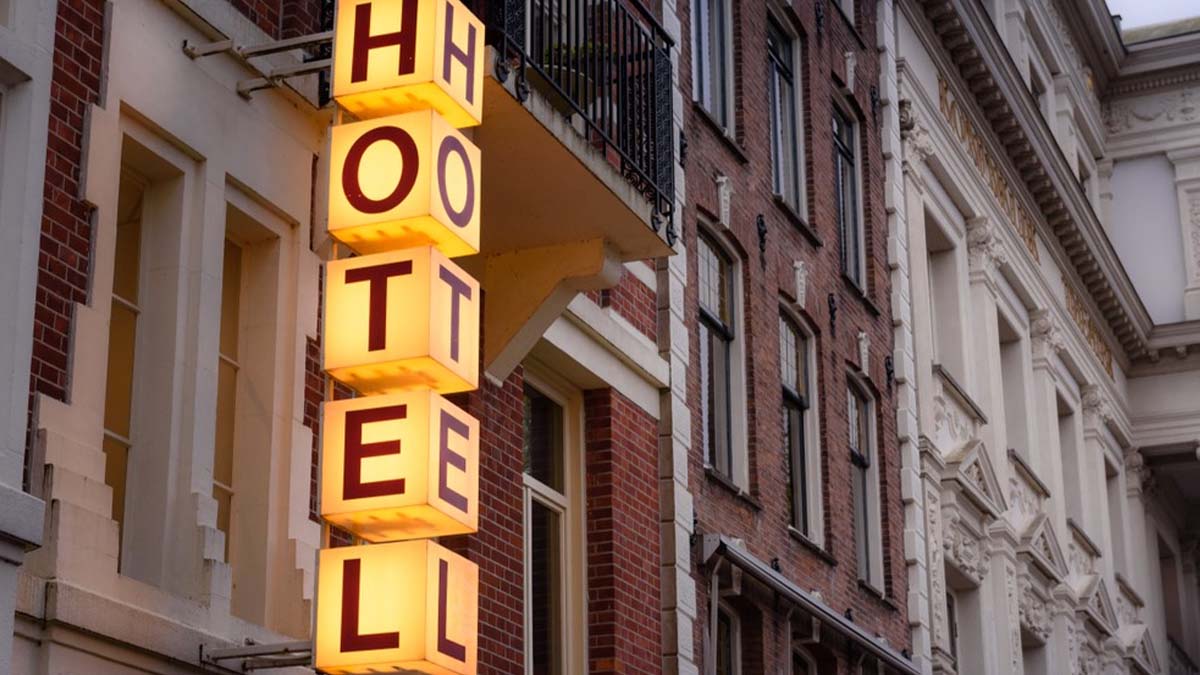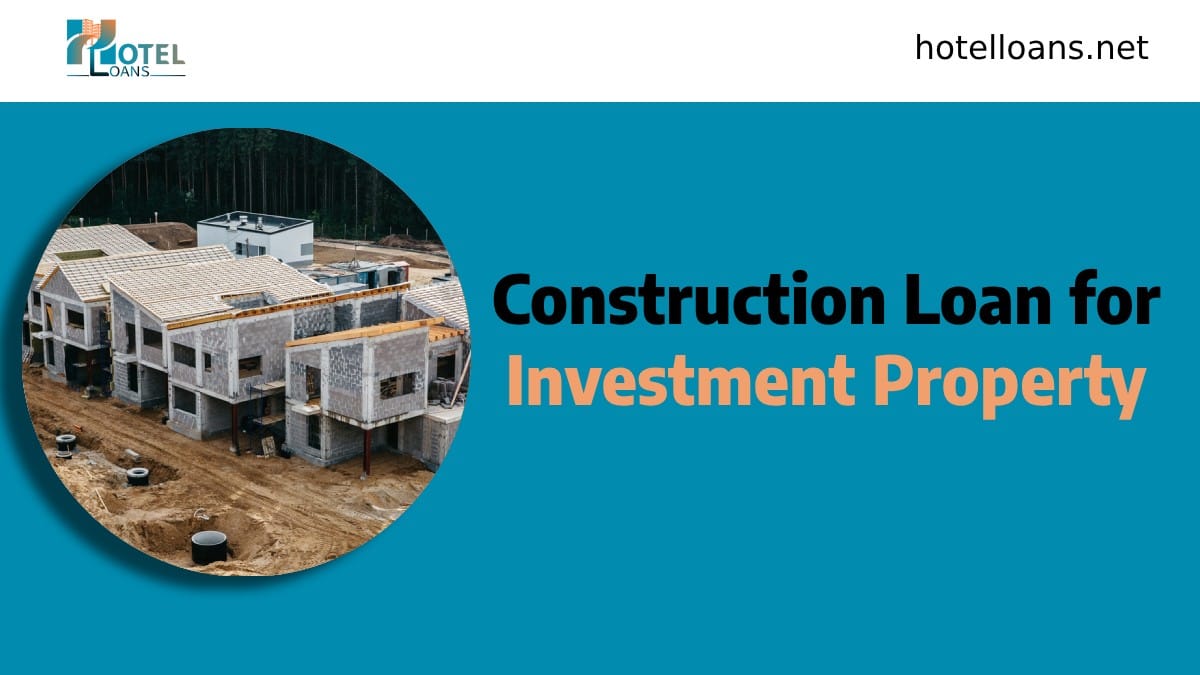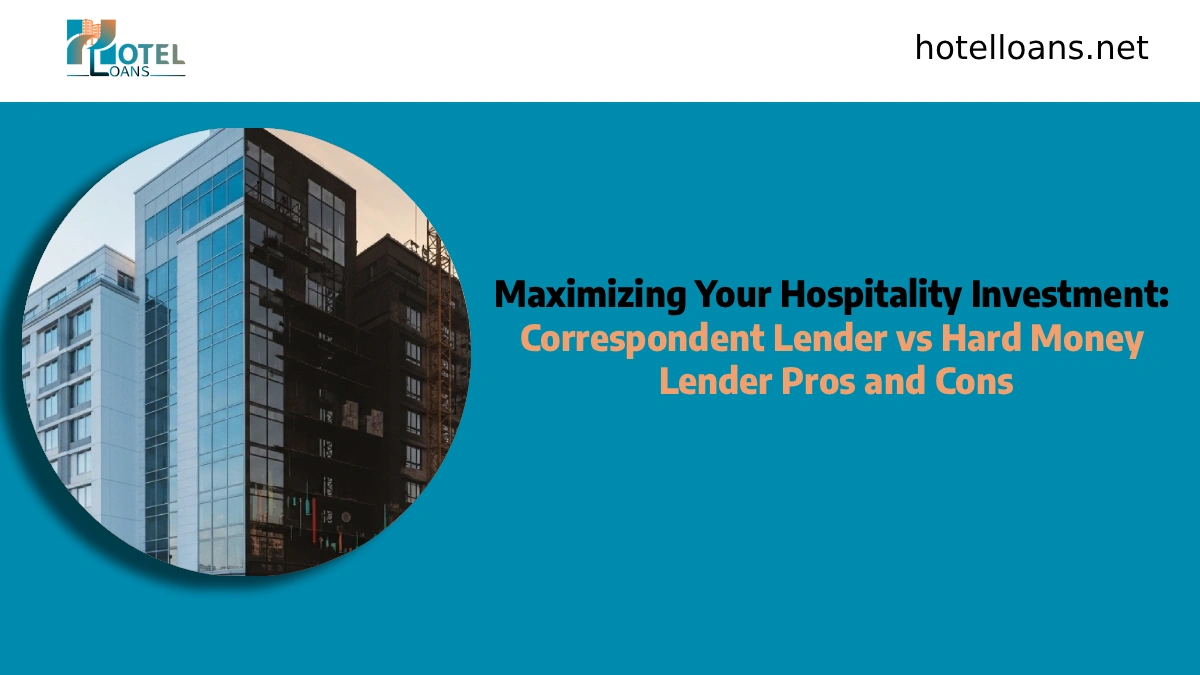Hotel construction projects can be complex and challenging to complete. From design and planning to execution and completion, project risks can affect success. In this article, we will explore effective risk-reducing methods. Hotel building projects can run and succeed.
Table of Contents
Toggle1. Thorough project planning.
Proper planning is the foundation of any successful hotel construction project. Those include a thorough risk assessment and project planning. By understanding the project scope, timeline, and budget. You can address possible risks and develop backup plans.
2. Engage experienced professionals.
Hotel construction projects need experienced professionals. These experts add valuable knowledge and the ability to do their job very well. Identifying possible problems and coming up with interesting solutions.
3. Regular communication and collaboration
Effective communication and teamwork are key to reducing construction risks. Regular meetings, progress updates, and open lines of communication ensure that. Everyone is on the same page and can address risks that appear. Working together to develop actions to prevent problems before they happen, risk management.
4. Robust contract management
Contract management is very critical for reducing risks in construction projects. Contracts should define responsibilities, timelines, and payment terms. Also, they should include appropriate argument-settling clauses. Change management reduces conflicts and delays.
5. Comprehensive risk assessment
A complete risk evaluation is the key to reducing hotel construction risks. It involves identifying possible risks and figuring out the worth, amount, or quality of their effect and chance. And developing risk response plans. By dealing with risks, you can reduce their effect on the project.
6. Adequate insurance coverage
Insurance coverage is critical for construction risk reduction. Insurance policies should cover different aspects, including property damage and worker payments. Insurance protects against unforeseen events.
7. Quality Control and Assurance
High-quality construction is critical for reducing risks in hotel projects. Implementing strong and healthy quality control and promise processes helps identify problems. And fix any construction defects or unexpected mistakes related to only one project. Regular, careful examination of things and loyalty to industry standards contribute to success.
8. Hotel construction contingency planning
Developing a backup plan is key to lessening risks in hotel construction projects. In the event of delays or unexpected events. This plan should outline other options. You can keep the project on track by having a backup plan.
9. Environmental and Regulatory Compliance
Environmental and regulatory requirements are crucial for risk mitigation in construction. Follow building codes, zoning regulations, and environmental standards to avoid legal issues. Make sure you get all the permits and approvals you need.
10. Regular project monitoring and reporting
Regular supervision and reporting of project progress is key to reducing risks and reaching goals. By supervising project performance. You can identify possible problems early and take corrective action. Appropriately timed reporting to people interested in a project or business helps maintain open honesty and enables informed decision-making.
Apply For Financing
Conclusion
There’s a lot to consider in hotel construction projects. Effective risk-mitigating strategies guarantee success. Construction requires planning. Hiring experienced professionals requires regular communication, collaboration, and contract management. Comprehensive risk assessment, insurance coverage, quality control, and contingency planning. Environmental compliance and ongoing project monitoring.
By addressing risks and taking appropriate measures. It’s possible to finish construction on time. Within budget and to stakeholders’ satisfaction.
(FAQs)
How critical is project planning in hotel construction?
Hotel construction requires thorough project planning. As it helps identify potential risks and develop contingency plans to mitigate them. It ensures the project progresses and stays on track.
Why is collaboration key to construction projects?
Collaboration among stakeholders fosters proactive risk management. It enables effective communication and timely problem-solving. And ensures that everyone works towards the same goal.
How can insurance coverage mitigate construction risks?
Adequate insurance coverage provides financial protection in case of unforeseen events or accidents. It covers potential liabilities and property damage. And workers’ compensation, reducing the financial impact.
What role does quality control play in construction?
Quality control ensures construction meets standards and specifications. It helps identify and rectify defects or deviations, ensuring a high-quality result.
Why are regular project monitoring and reporting so crucial?
Supervising and reporting make early identification possible. It helps maintain honesty and keeps people interested in a project or business informed. And helps with effective decision-making throughout the project.
